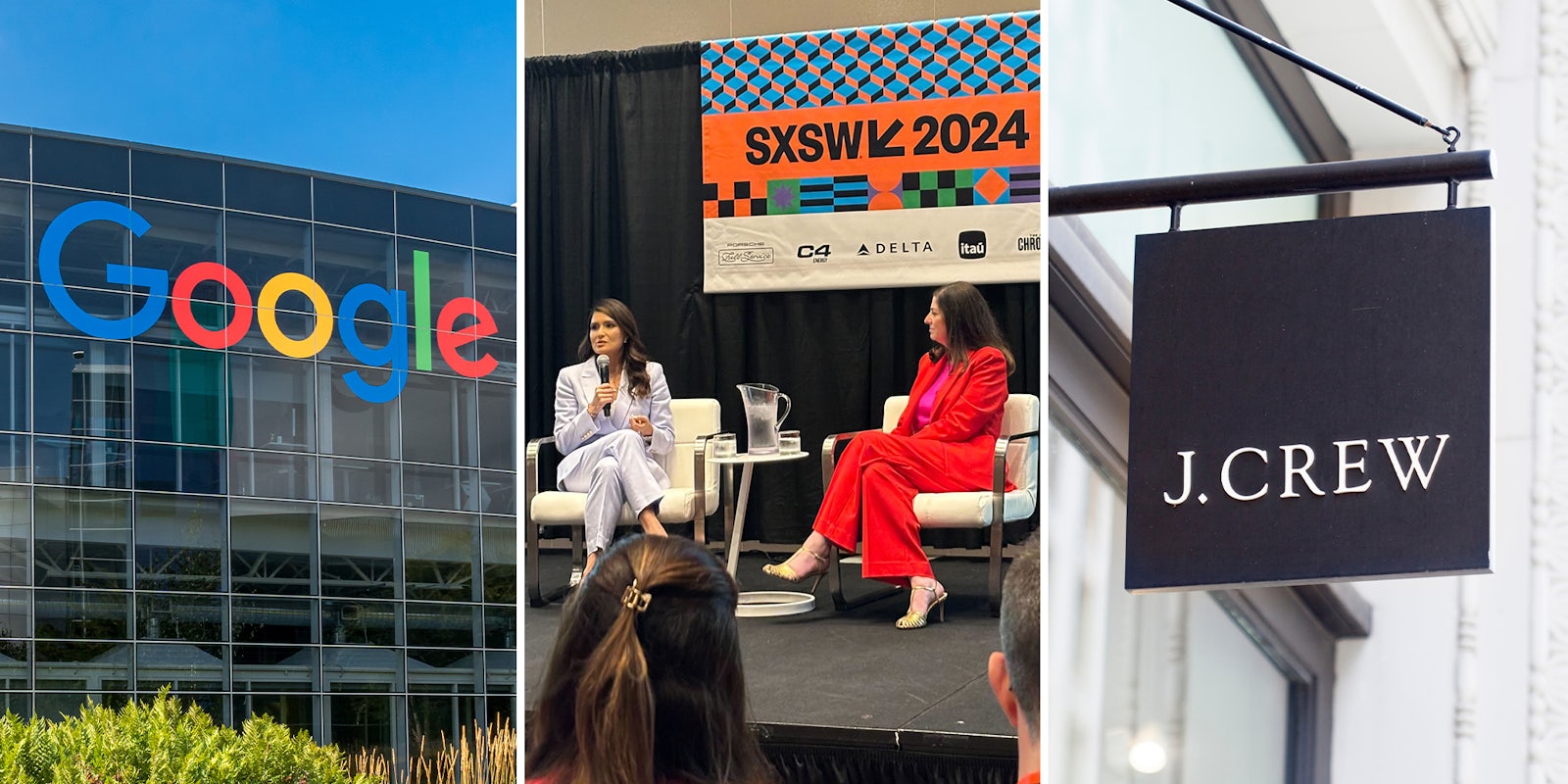While one may think that the breadth of online shopping options would mean that everyone is equally represented, those with experience trying to find an item online know that isn’t really the case. In fact, Lilian Rincon, Senior Director of Product Management at Google Shopping, claims that 50% of people don’t feel represented when shopping online.
She said this statistic as part of a panel at Austin’s SXSW festival. Alongside Danielle Schmelkin, Chief Information Officer at J.Crew Group, Rincon said that companies like Google are trying to change the shopping experience using Artificial Intelligence. Doing this, she says, can help answer concerns of shoppers and promote inclusivity.
For example, Rincon says that companies like Google are creating features that allow shoppers to better understand the products being offered, especially in the area of fashion. To that end, Google recently debuted a generative AI-powered virtual try-on feature that allows customers to see items on a variety of body types.
“We take one image from a merchant… A user chooses a model, and we can actually superimpose what that product would look like on the real model,” summarizes Rincon. “We’re thinking a lot about personalization [and] tailoring the experience.”
While the diffusion model used for this A.I. is trained on data where models are wearing the items in question, Rincon says that Google is developing methods for turning images of clothing pieces lying flat on a surface into pictures of models wearing the styles.
Try-on services are also currently being rolled out for makeup and cosmetics, Rincon states.
Still, Rincon notes that some shoppers have difficulties finding the exact item they desire, with 20% of users needing to type 5 words or more to find the exact product they want.
In response, the company is testing a service in which someone using search can describe an item, have an A.I. generate similar images, then identify which image most closely resembles the one they’re thinking of. At this point, Google will show items for sale that look similar to the A.I.-generated image.
Once an item has been found, A.I. prompts can be used to answer questions about an item, and offer them additional items that will go well with their purchase.
While some of these services have yet to see massive real-world adoption, A.I.-powered image detectors, such as Google Lens, have already found an established place in the world of internet shopping. With services like Google Lens, Rincon says, users can take pictures of clothing they see while out and about or while browsing the internet, then see sites that sell the item in question.
No matter how many people are currently using these services, Rincon claims that they’ve seen a positive response.
“We’re really seeing people really get it,” she says about A.I.-augmented shopping.



